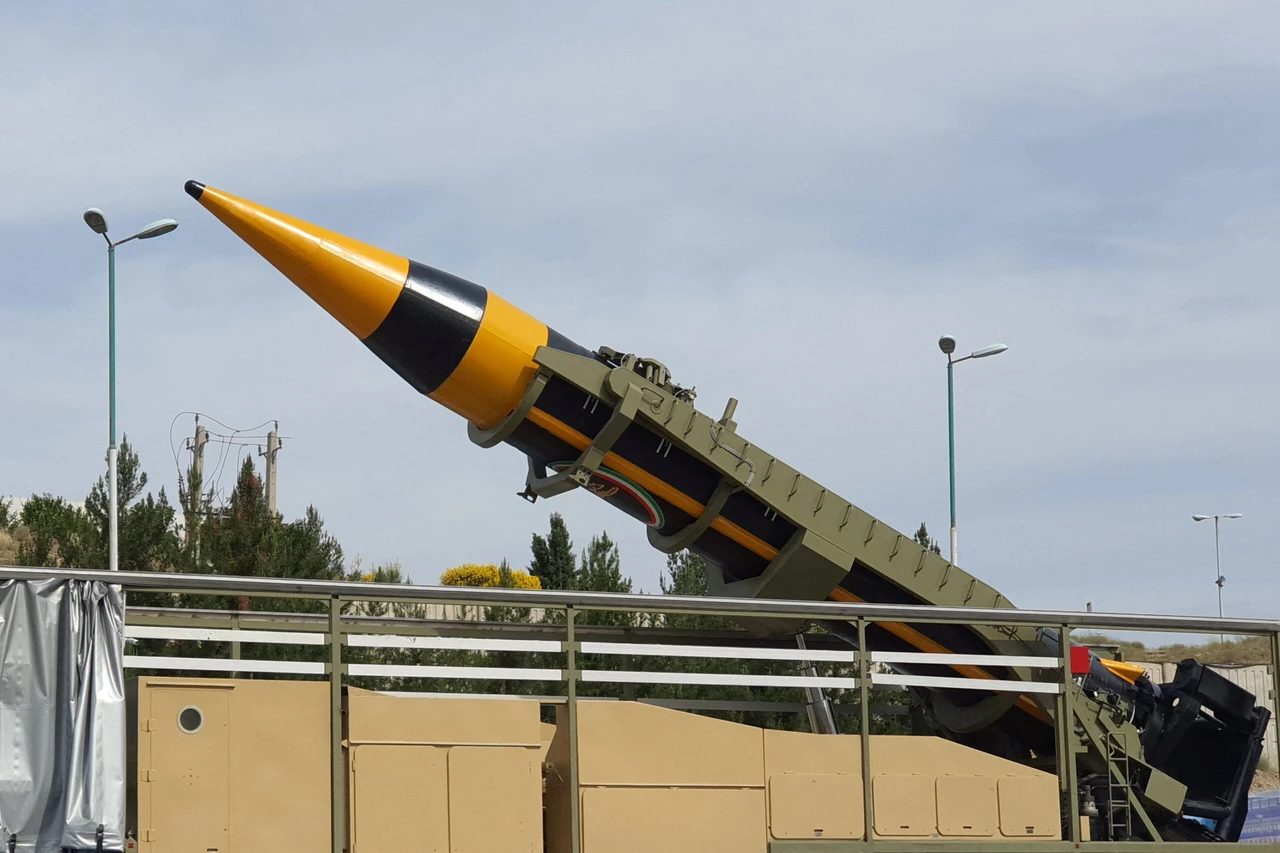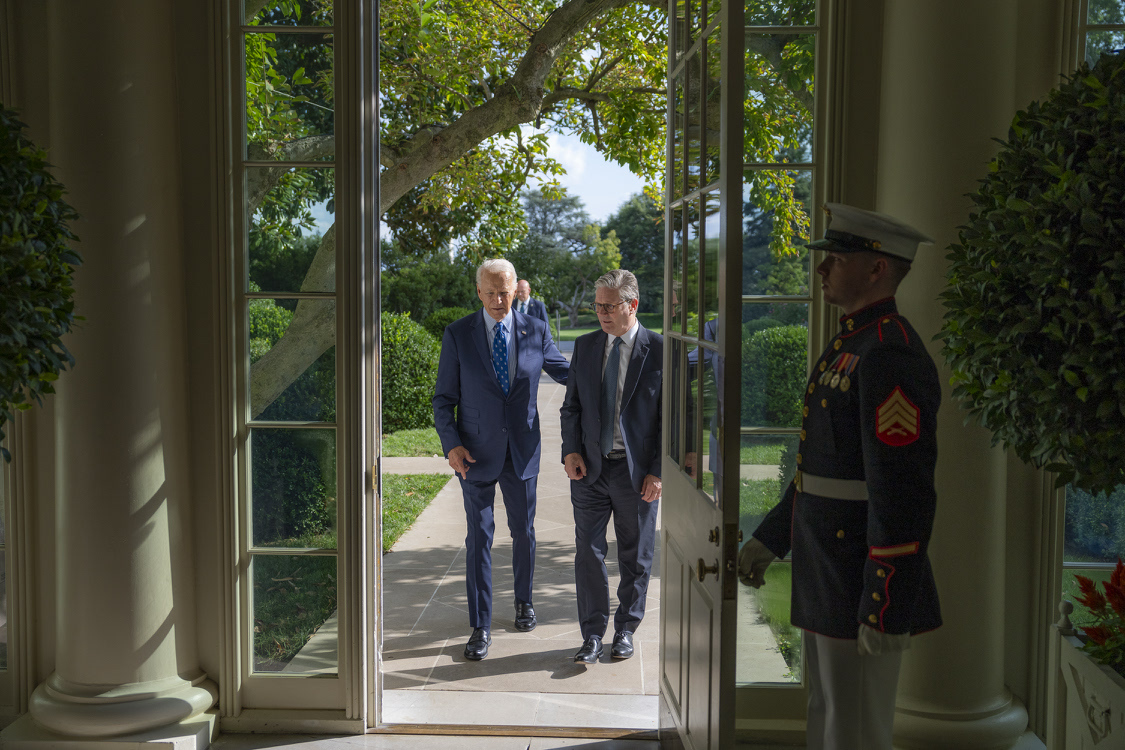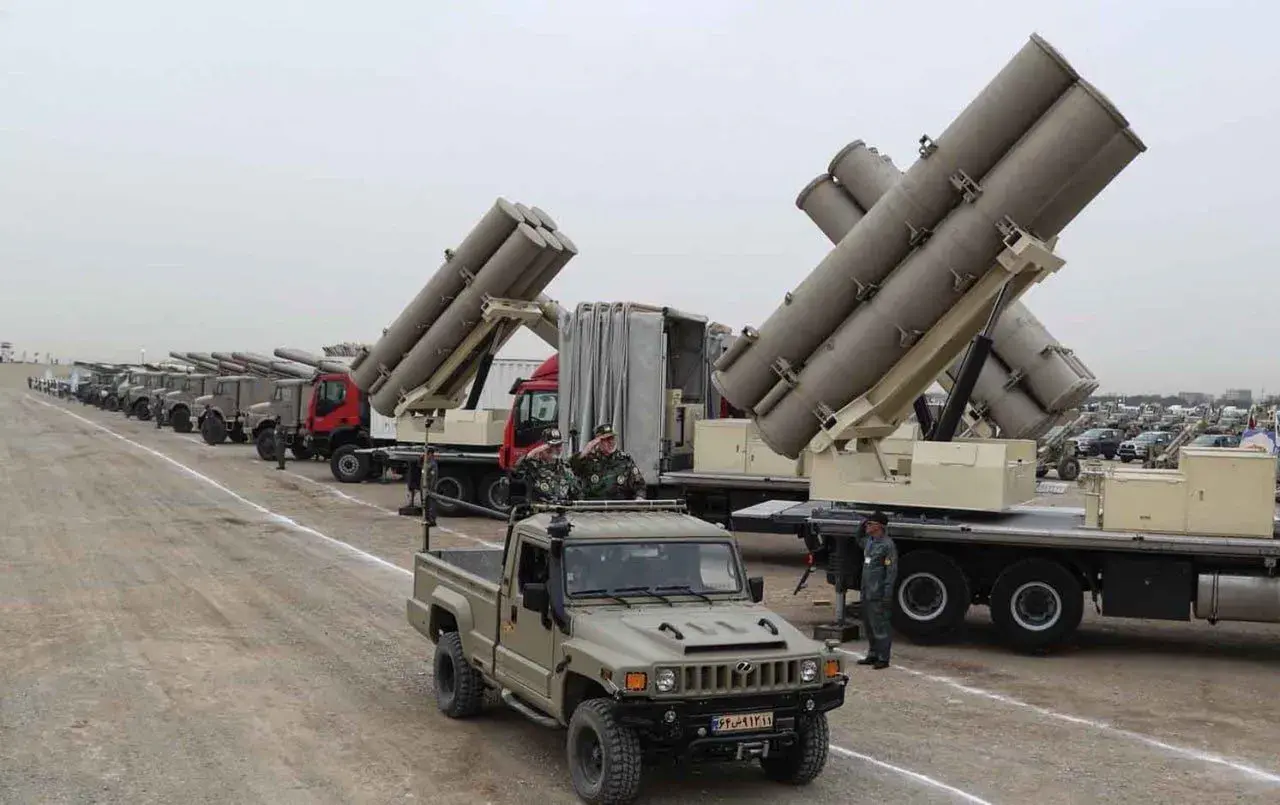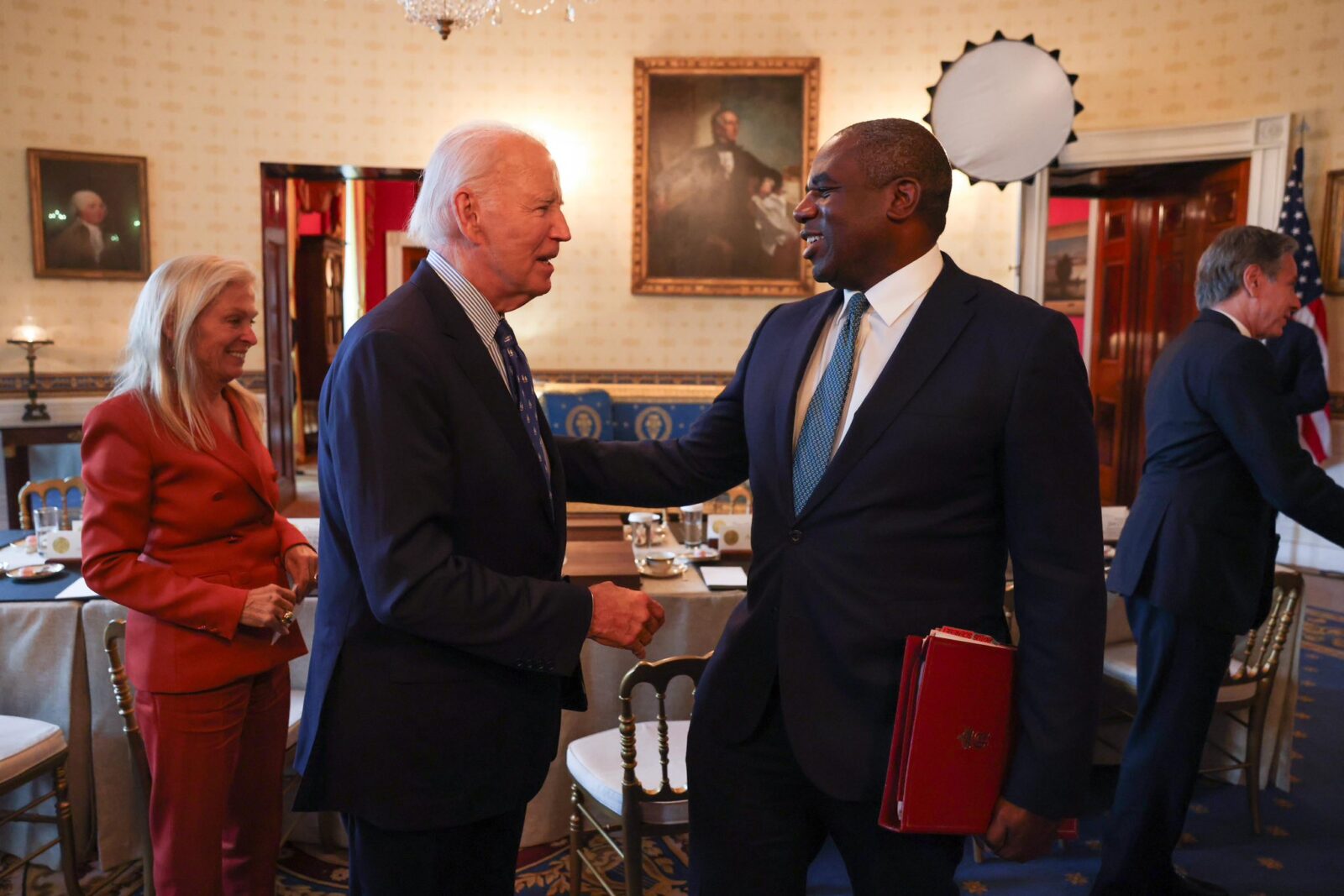Russia allegedly sharing nuclear secrets with Iran
 A new surface-to-surface ballistic missile called Khaibar with a range of 2,000 km, unveiled by Iran, is seen in Tehran, Iran, May 25, 2023. (Reuters Photo)
A new surface-to-surface ballistic missile called Khaibar with a range of 2,000 km, unveiled by Iran, is seen in Tehran, Iran, May 25, 2023. (Reuters Photo)
The United States and the United Kingdom are increasingly concerned that Russia is sharing secret nuclear information with Iran in exchange for ballistic missiles, according to Western officials.
These developments come as Tehran reportedly provides Moscow with ballistic missiles to support its war efforts in Ukraine.
The issue was discussed during a meeting between U.K. Prime Minister Keir Starmer and U.S. President Joe Biden in Washington this week, highlighting the deepening concerns over Russia-Iran ties.

‘US, UK to continue to work together’
Aftermath the meetings with Starmer, Biden published a footage during the talks and said: “The U.S. and U.K. will continue to work together to address our most pressing foreign policy issues – including support for Ukraine, the urgent need for a ceasefire deal that will free the hostages and enable increased relief in Gaza, and a free, open and secure Indo-Pacific.”
“The United States and the United Kingdom will continue to address global issues as the closest of friends and allies.” Biden added.
Escalation of Russia-Iran military ties
The cooperation between Russia and Iran regarding nuclear technology and missile exchanges has been described as a significant escalation.
According to U.S. Secretary of State Antony Blinken, Moscow has reportedly received shipments of Iran’s Fath-360 ballistic missiles.
Blinken also suggested that Russia is sharing nuclear technology with Iran, further heightening concerns among Western officials.

Concerns over Iran’s nuclear ambitions
While Iran insists that its nuclear program is purely for civil purposes, concerns have grown in recent months that Tehran could be moving closer to acquiring nuclear weapons.
A spokesperson for the White House National Security Council reiterated that President Biden remains committed to using all elements of national power to prevent any nuclear escalation by Iran.
In recent months, Iran’s nuclear-fuel levels have reportedly risen enough to produce multiple warheads, should the country choose to pursue them.

International reactions to Russia-Iran cooperation
The Group of Seven (G-7) foreign ministers condemned Iran’s missile exports to Russia, calling for an immediate halt to Tehran’s military support for Moscow’s war in Ukraine.
In a joint statement, Blinken and U.K. Foreign Secretary David Lammy emphasized that Iran’s nuclear program is more advanced than ever, and expressed their shared concerns.
At a recent conference in London, U.S. CIA Director William Burns also confirmed that Russia and Iran were deepening their military relations, further complicating efforts to manage the nuclear threat.
We, the G7 Foreign Ministers of Canada, France, Germany, Italy, Japan, the United Kingdom and the United States of America and the High Representative of the EU, condemn in the strongest possible terms Iran’s export and Russia’s procurement of Iranian ballistic missiles.
Evidence that Iran has continued to transfer weaponry to Russia despite repeated international calls to stop represents a further escalation of Iran’s military support to Russia’s war of aggression against Ukraine. Russia has used Iranian weaponry such as UAVs to kill Ukrainian civilians and strike their critical infrastructure. Russia’s aggression constitutes a flagrant violation of international law including the UN Charter.
Iran must immediately cease all support to Russia’s illegal and unjustifiable war against Ukraine and halt such transfers of ballistic missiles, UAVs and related technology, which constitute a direct threat to the Ukrainian people as well as European and international security more broadly.
Joint Statement by the G7



